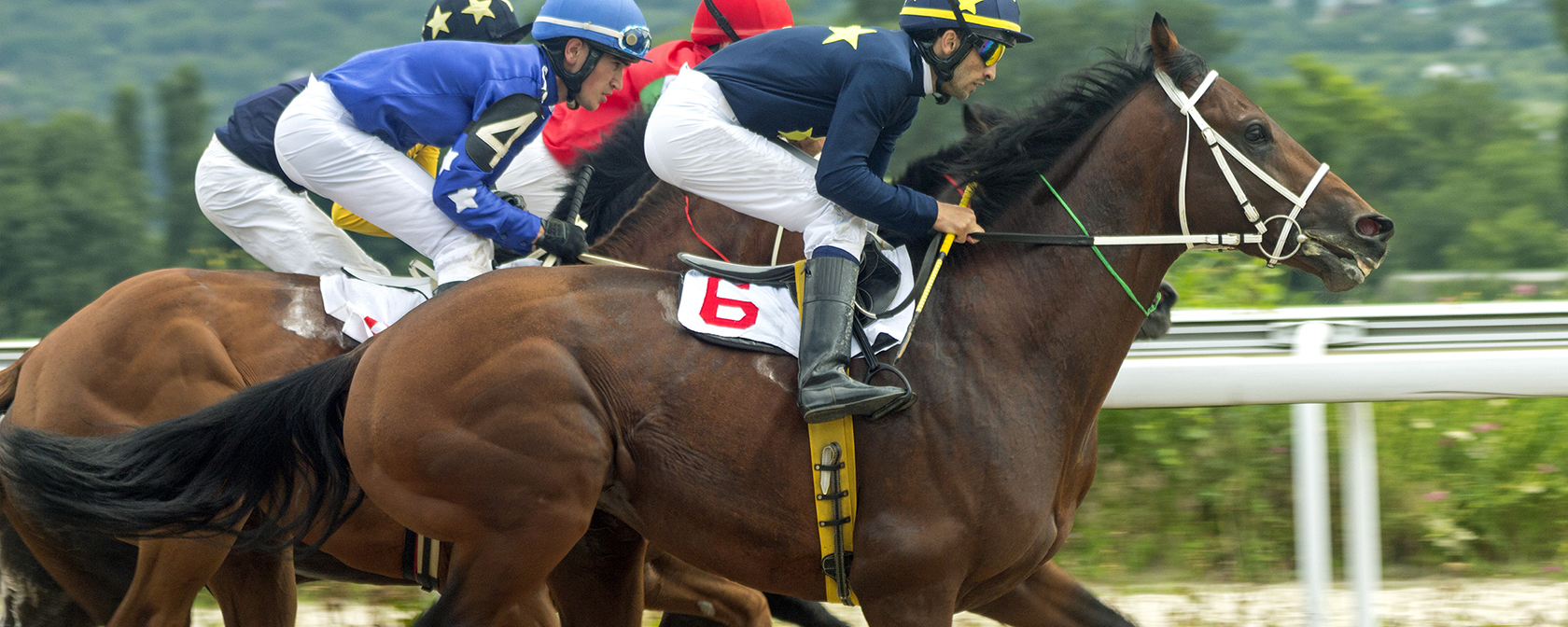By Sara Amundson and Kitty Block
The regulatory system in horse racing has been broken for years, and public confidence in the sport continues to wane. This week’s news that Medina Spirit is being stripped of his 2021 Kentucky Derby win is yet another blow.
The Kentucky Horse Racing Commission on Monday vacated Medina Spirit’s victory due to findings of illegal doping. His trainer, Bob Baffert, has been suspended, fined and prevented by the Churchill Downs racetrack from running a horse in this year’s Kentucky Derby. However, due to the lack of a national doping authority or standard within the racing industry, Baffert can take his horses to another state and continue to train them and enter other races. There are no national rules that apply in every state, and there is no requirement that other states follow Kentucky’s ruling.
This was the mess we joined with others to try to fix several years ago. The confusing and sometimes contradictory regulations for the 38 states that allow horse racing have enabled cheaters to benefit from a chaotic system and endangered the lives of horses pushed beyond their limits, resulting in countless racehorse deaths. To remedy this, we at the Humane Society of the United States created the National Horse Racing Advisory Council and joined progressive racing industry members and the Humane Society Legislative Fund to lobby for passage of the Horseracing Integrity and Safety Act, signed into law in December of 2020.
The bill created a new nonprofit Horseracing Integrity and Safety Authority (with oversight by the Federal Trade Commission) to establish two committees: one to implement tough racetrack safety measures and the other to enforce doping regulations. The racetrack safety rules are being reviewed by the FTC and are scheduled to go into effect on July 1 of this year.
Unfortunately, the committee charged with overhauling doping regulations lags behind because negotiations between the authority and the organization that the law designates as the enforcement agency of choice—USADA, the United States Anti-Doping Agency—have stalled.
We and many other supporters of the law believe that USADA, an organization recognized by Congress, is uniquely qualified to clean up doping in horse racing. For that and other reasons, we urge the parties to return to the bargaining table quickly to produce an agreement and put us on a better and faster course to industry reform.
We remain confident that the Horseracing Integrity and Safety Act will improve racehorse welfare and save equine lives, and we’ll continue working to ensure that the law’s potential is realized. We have reviewed the proposed racetrack safety and enforcement regulations and provided our input, and we will do the same thing when the drug enforcement regulations are circulated for public comment. We believe that many important provisions were included in the proposal that would provide substantial improvements to racetrack safety. We will also continue to champion the involvement of a tough enforcement agency such as USADA to do the job mandated by law. Time is wasting, and horses’ lives are at stake.
Medina Spirit’s story now haunts the longer running debate over reform. Sadly, the 3-year-old colt died a few months after the Derby following a workout at Santa Anita Park in California, and the results of his necropsy have been labeled inconclusive. But there is no doubt that illegal drugs were implicated in his Derby win. Horse racing’s leadership cannot afford to tolerate the atmosphere of noncompliance, generally sporadic oversight and lax enforcement that has fostered Baffert’s and other trainers’ illicit use of drugs in racing and ultimately led to his Derby violation and punishment. Medina Spirit deserved better, and so do the many other racehorses on American tracks right now. We fought and won the battle to bring greater protection for racehorses, and now we’ve got to ensure that they get it.
Kitty Block is President and CEO of the Humane Society of the United States.




